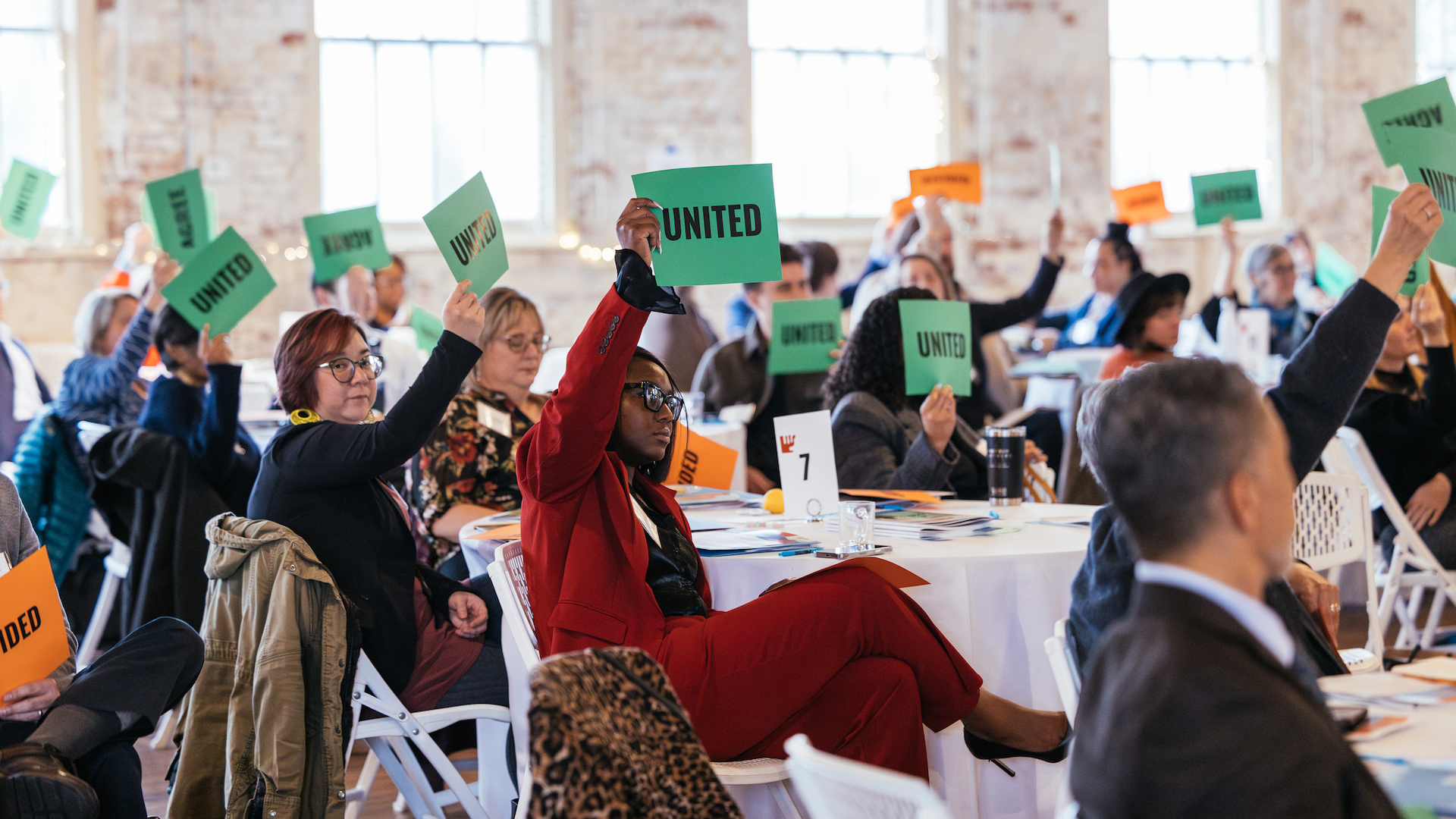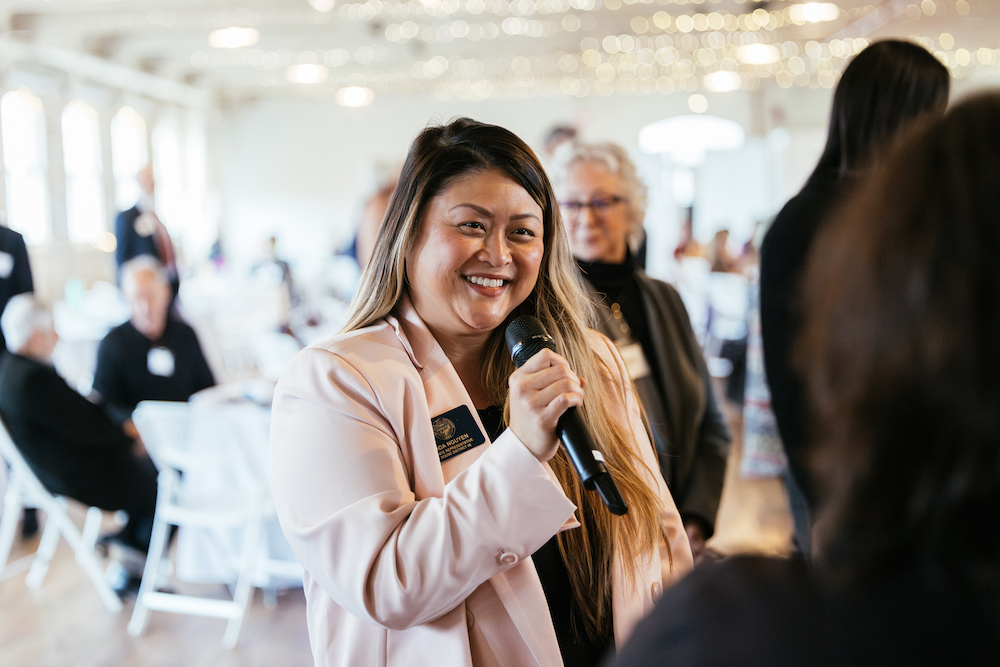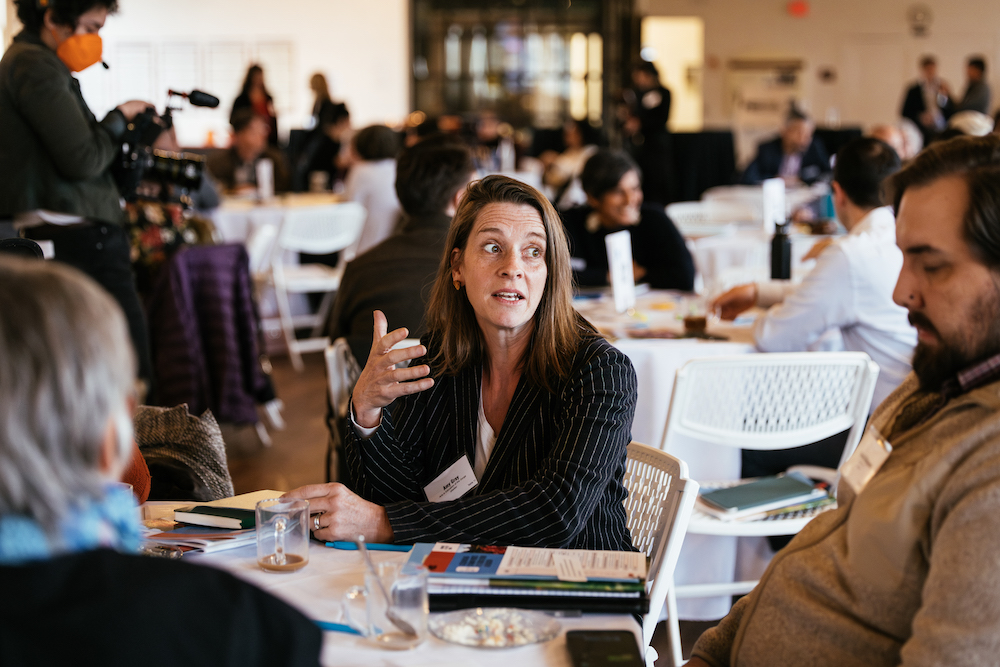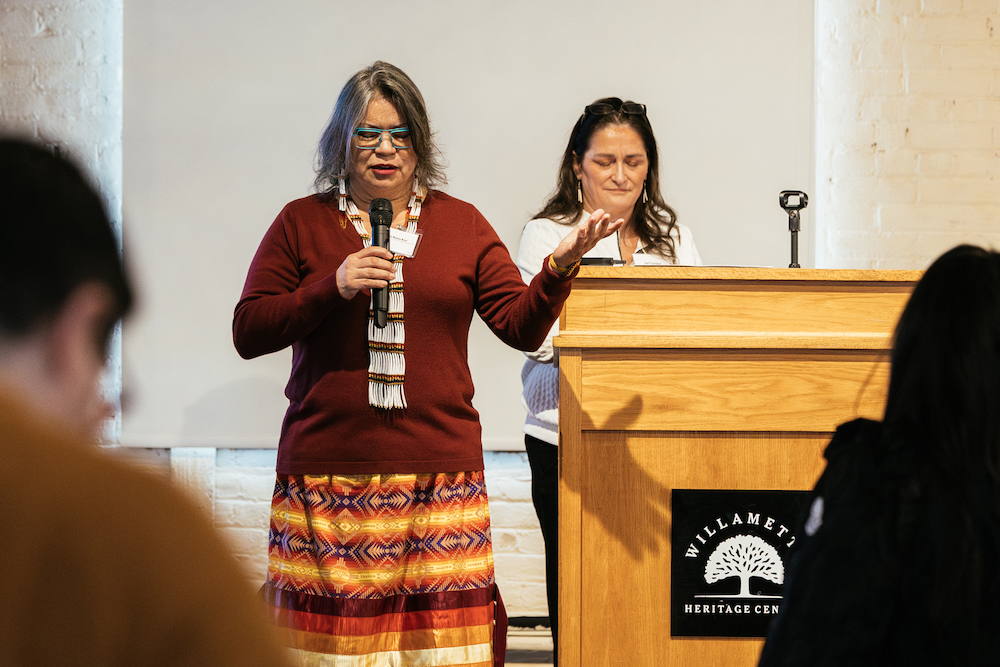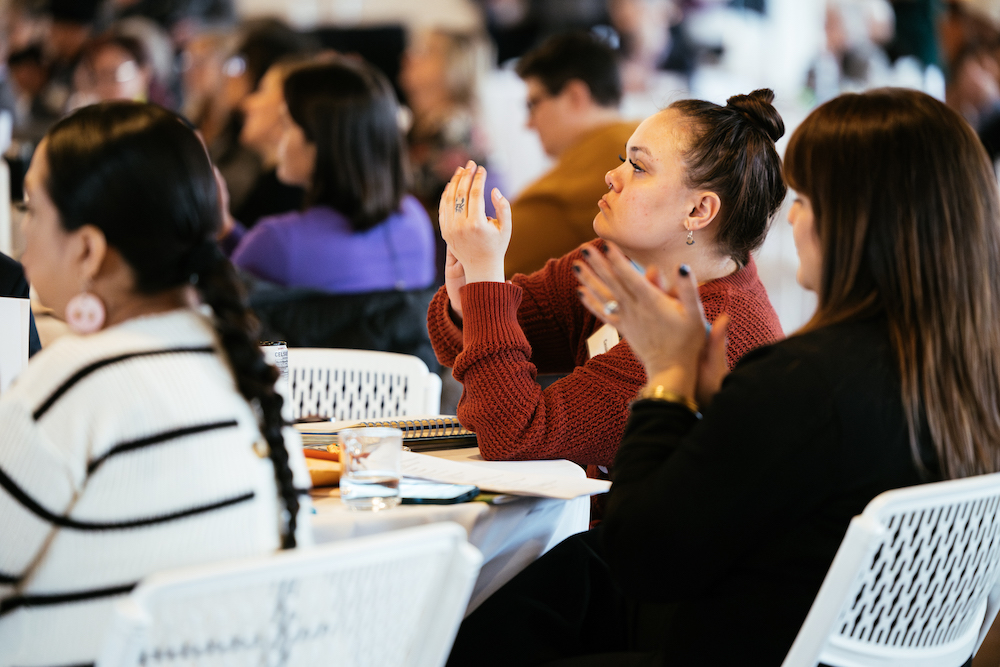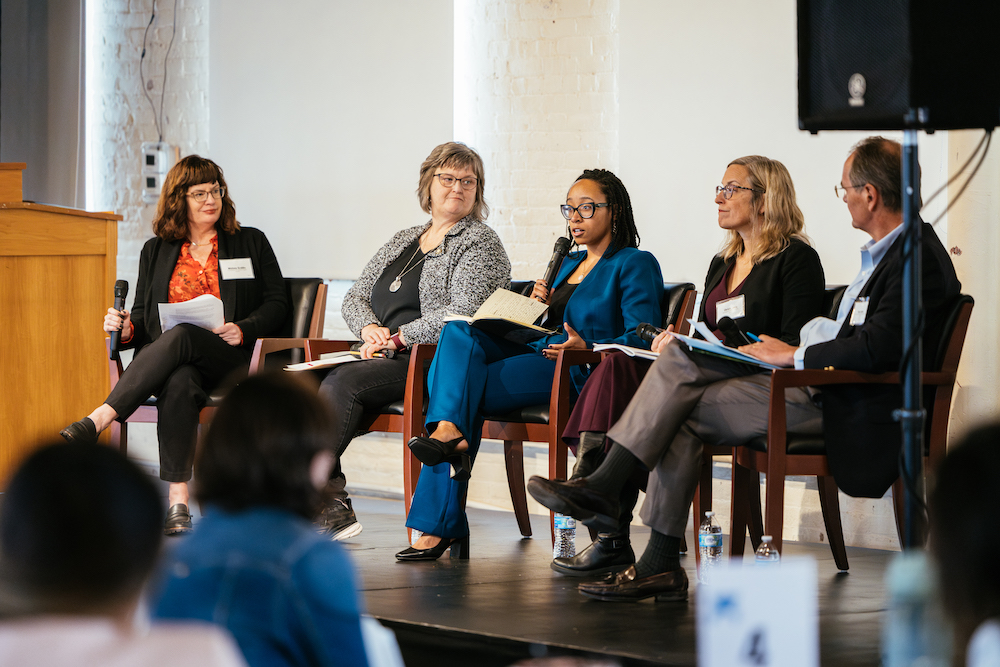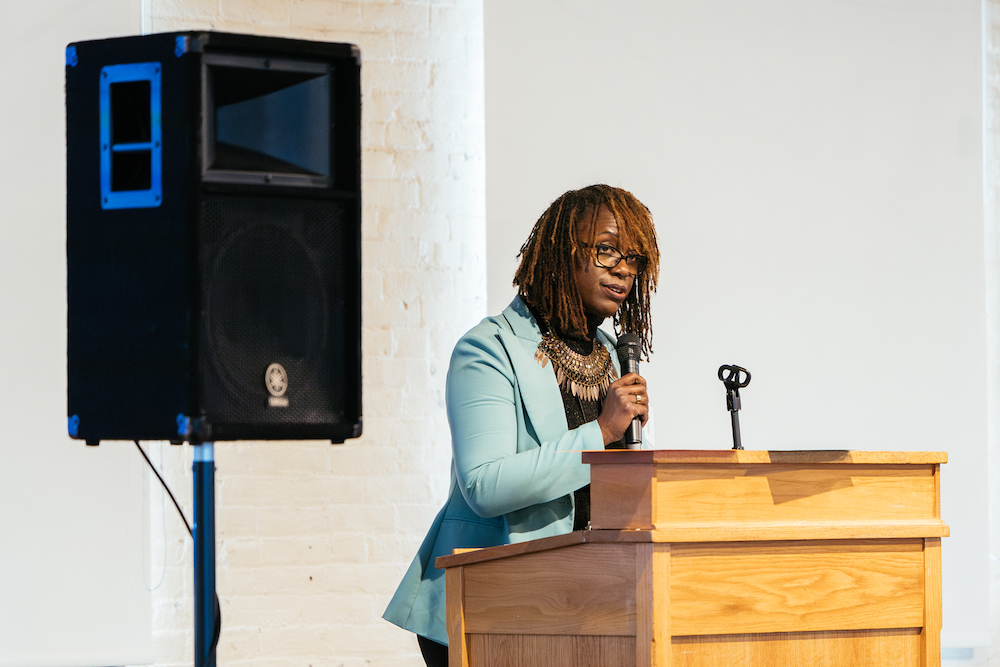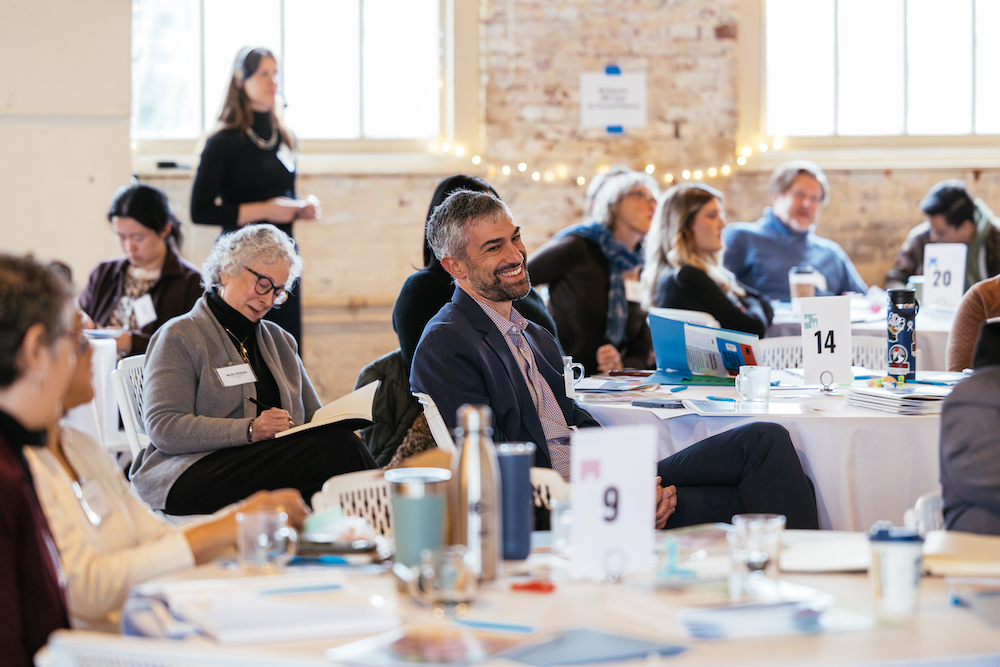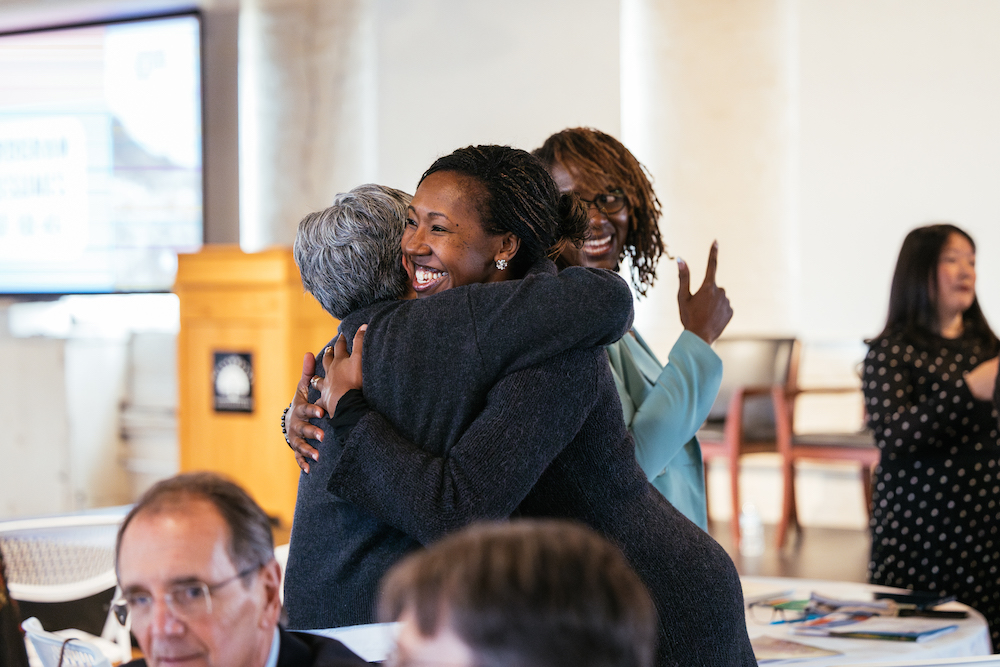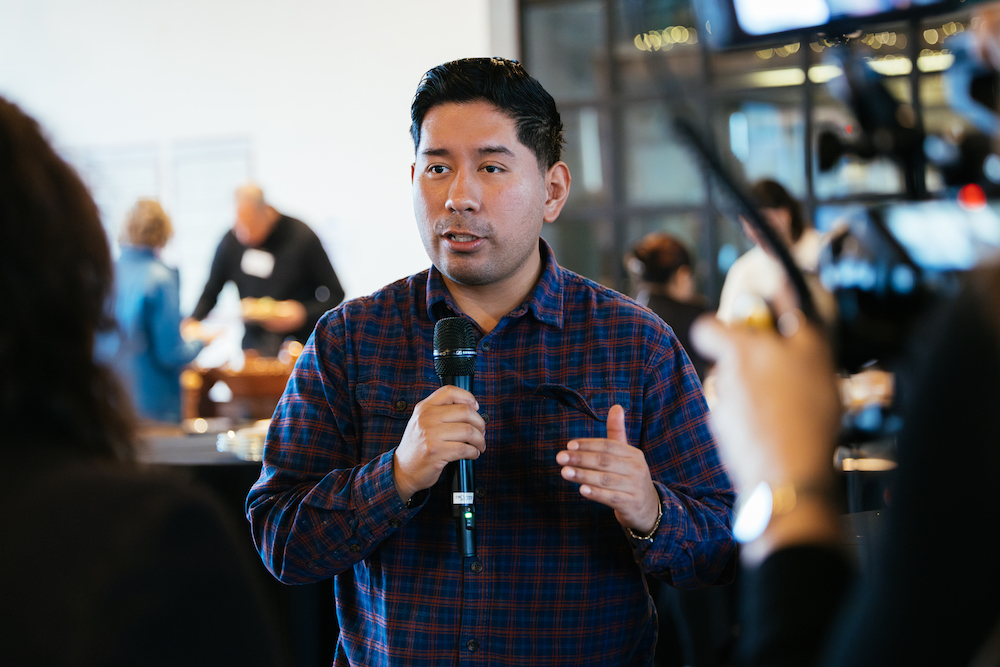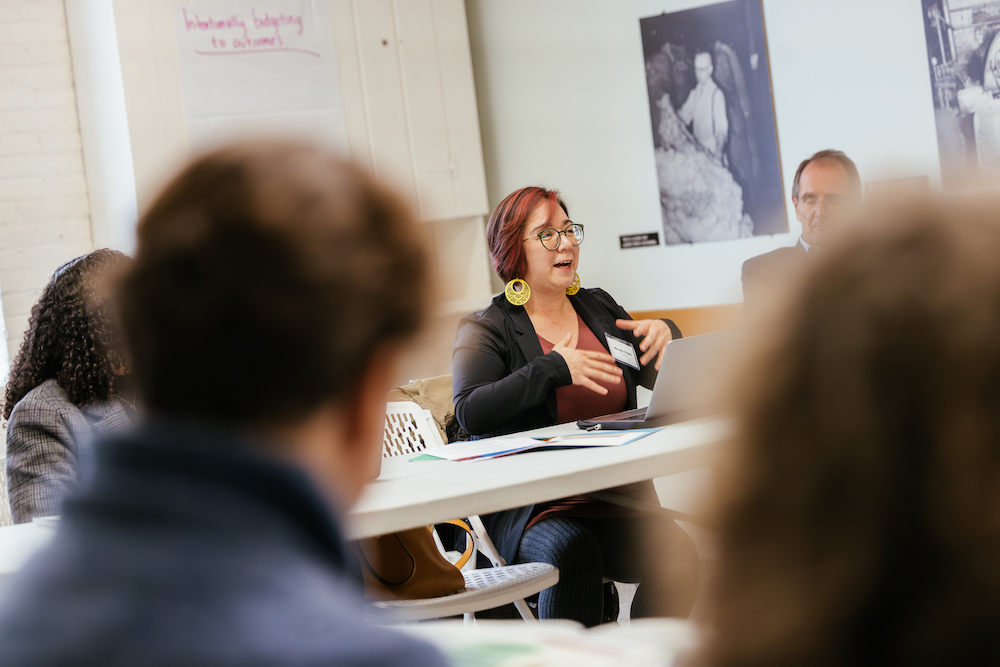Focusing Oregon’s Direction
As Oregon charts its way forward for children, FBO Executive Director Whitney Grubbs refreshed the Summit audience’s memory on one of the state’s most significant recent investments in public education: the 2019 Student Success Act.
“The Student Success Act was really an effort to challenge school districts to deeply engage with their communities, to think about how we target supports for students, and to build some shared accountability for student success,” said Grubbs. Unfortunately, she continued, the legislation may have enjoyed “the shortest honeymoon period on record.”
When the COVID-19 pandemic hit, it took everything school districts had just to keep up with day-to-day student instruction. Five years later, the hurdles are still high. Educators and students still face the pandemic’s impact on academic learning and mental health, all while federal funding that helped schools weather the worst of the crisis has run out.
Despite severe headwinds, the Student Success Act’s implementation charged ahead. Recent research from FBO shows the new law is not only boosting academic and mental health support for K-12 students, but also strengthening collaboration and accountability in the K-12 system. Slowly but surely, the law is helping schools, districts, and the Oregon Department of Education (ODE) target investments more effectively and equitably to ensure every student receives a high-quality public education.
Citing research by education systems scholar Dr. Michael Fullan, Grubbs emphasized that the Student Success Act “has done a really nice job of moving us in the direction of several conditions” for lasting systems change. “The [law] asked districts to focus on the students who we are not serving well, asked them to look at data and use that to focus their efforts.”
Christy Perry, a retired superintendent of the Salem-Keizer and Dallas School Districts, agreed with the need to keep focus. She urged the state to minimize distractions, bemoaning Oregon’s tendency to get distracted by shiny new ideas and opportunities that risk further burdening already overwhelmed school districts. “All with good intentions,” she explained, “every person from the governor to our legislators wants what’s best for Oregon kids, but we get caught up in doing too many things. And then we’re spread so thin.”
Offering a national perspective, President of the Education Commission of the States José Muñoz spoke in admiration of what Oregon has accomplished. “You’re doing some beautiful things out here,” he said, echoing calls to double down on what works. “Lean into what you’re doing well.”
